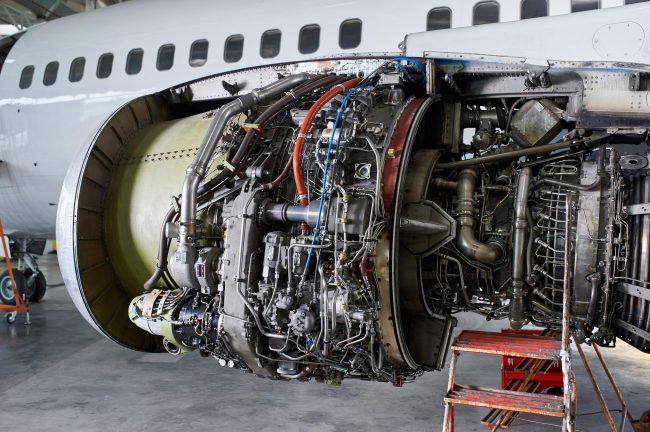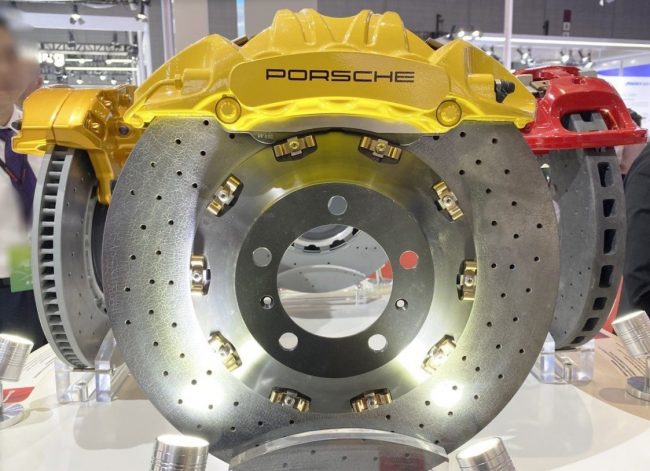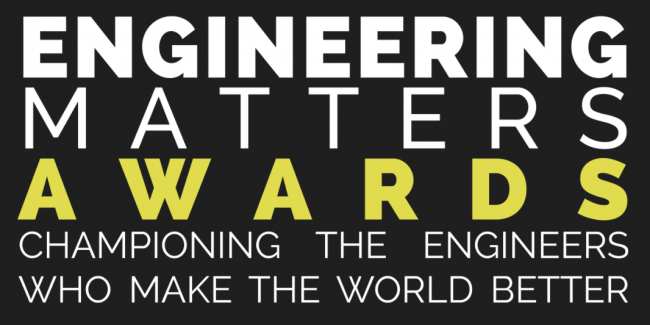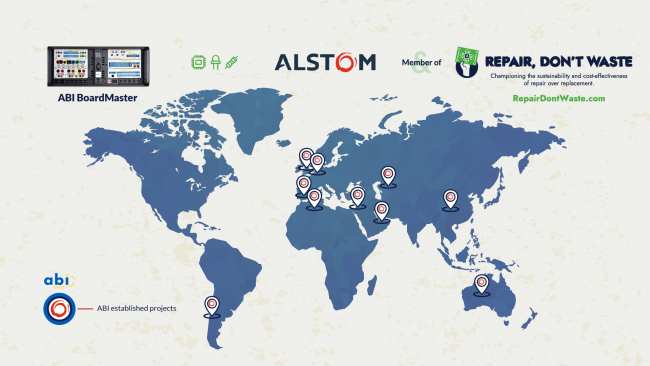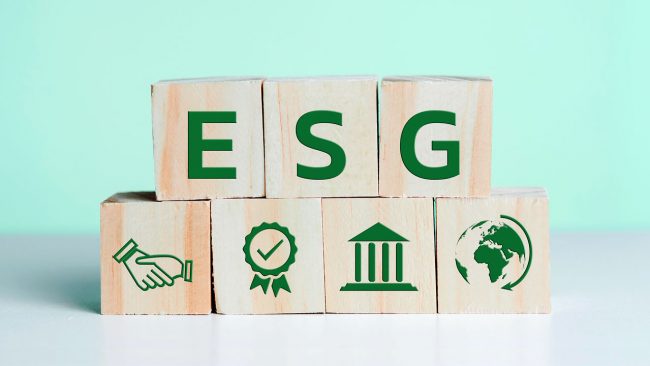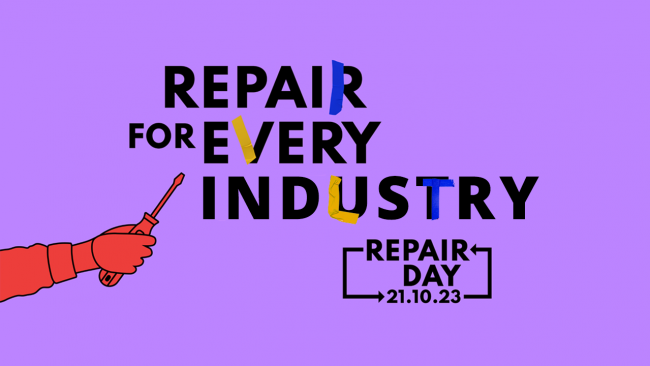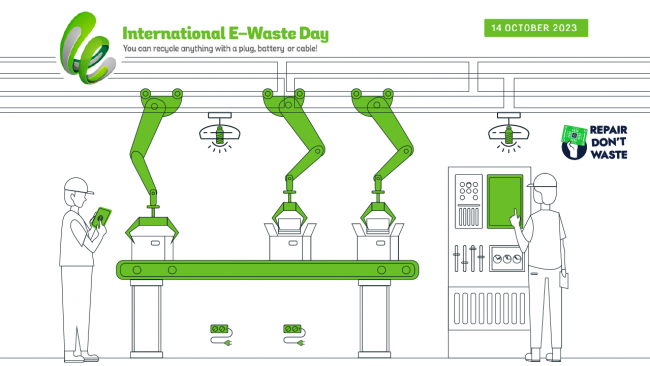Integrating Sustainability into Obsolescence Management.
Integrating Sustainability into Obsolescence Management. Obsolescence management is a key cornerstone in the lifecycle of an asset. As equipment begins to age and original electronics manufacturers (OEMs) transition to manufacturing and supporting newer replacements, it is more important now than ever, that in a world of soaring E-waste levels, we need to prioritise this to…
